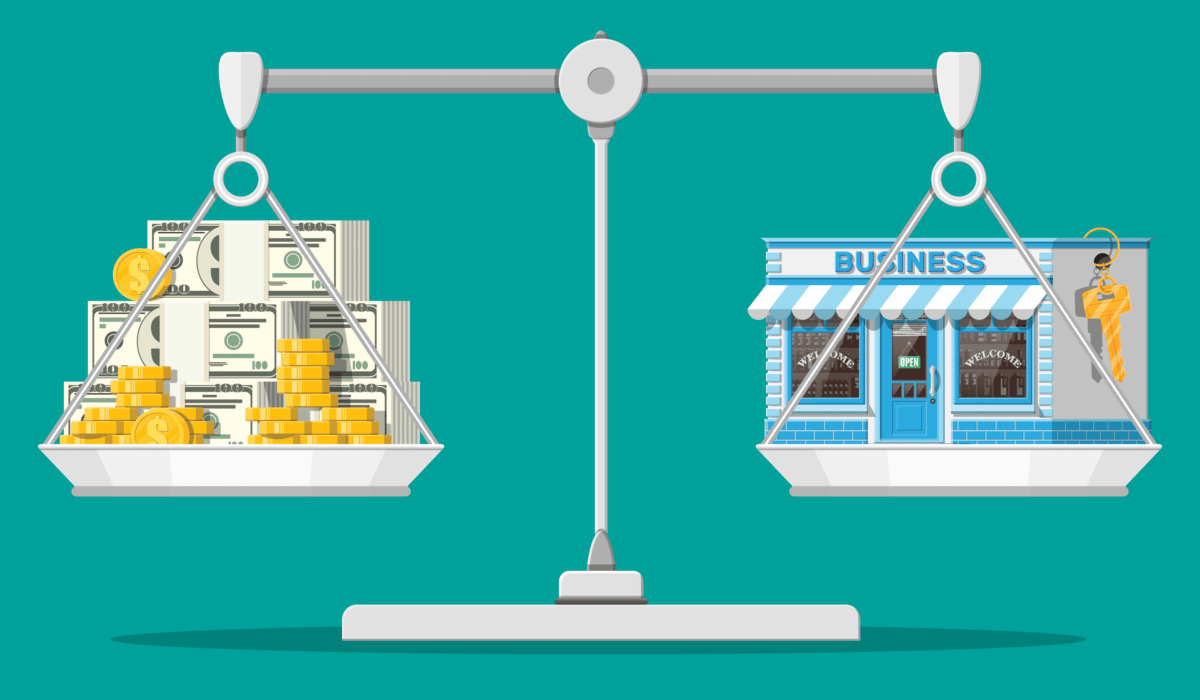Understanding Goodwill In Business: A Comprehensive Guide
Goodwill in business represents an intangible asset that holds significant value beyond physical assets. It encompasses a company's reputation, brand identity, customer relationships, and employee loyalty, which contribute to its overall worth. In the competitive landscape of commerce, recognizing and managing goodwill is crucial for long-term success and sustainability.
The concept of goodwill can be perplexing for many entrepreneurs and business professionals. While tangible assets like machinery and real estate are easier to evaluate, goodwill requires a more nuanced understanding. It often plays a pivotal role during mergers and acquisitions, where the buying party must consider the intangible benefits that could enhance their new acquisition's value.
In this article, we will explore what goodwill in business is, its importance, how it is calculated, and the various factors that influence its value. By the end, you will have a clearer perspective on how goodwill can impact a company's financial health and strategic decisions.
What Exactly is Goodwill in Business?
Goodwill in business is defined as the premium a company pays over the fair market value of its identifiable net assets during an acquisition. This premium is attributed to various intangible factors that contribute to a company's success. Some key elements of goodwill include:
- Brand reputation
- Customer loyalty
- Employee relations
- Market position
- Intellectual property
Why is Goodwill Important in Business?
Understanding goodwill is essential for several reasons:
- Valuation: Goodwill significantly affects a company's valuation, especially during mergers and acquisitions.
- Financial Reporting: Companies must report goodwill on their balance sheets, which can impact investor perceptions.
- Strategic Planning: Knowing the value of goodwill can influence business strategies and investments.
- Competitive Advantage: Companies with strong goodwill can leverage their reputation for better market positioning.
How is Goodwill Calculated?
The calculation of goodwill is typically done during the acquisition process. The formula used is:
Goodwill = Purchase Price - Fair Market Value of Net Identifiable Assets
To elaborate, a company is acquired for $2 million. The fair market value of its identifiable assets, such as cash, inventory, and property, is $1.5 million. Therefore, the goodwill would be:
Goodwill = $2,000,000 - $1,500,000 = $500,000
What Factors Influence Goodwill Value?
Several factors can influence the value of goodwill, including:
- Brand Strength: A reputable brand can significantly enhance goodwill.
- Customer Relationships: Long-term customer loyalty can add value to goodwill.
- Market Conditions: Economic factors and industry trends can affect goodwill.
- Management Quality: Strong leadership can enhance a company's overall value and goodwill.
How is Goodwill Recorded in Financial Statements?
Goodwill is recorded as an intangible asset on the balance sheet. It is initially recorded at cost but may be subject to impairment tests. If the carrying amount of goodwill exceeds its fair value, the company must recognize an impairment loss, reducing the goodwill recorded on its financial statements.
What are the Risks Associated with Goodwill?
While goodwill can be a valuable asset, there are risks involved:
- Impairment Risk: If a company fails to maintain its goodwill, it may face impairment charges.
- Market Fluctuations: Changes in market conditions can negatively impact goodwill.
- Reputation Damage: Negative publicity or customer dissatisfaction can erode goodwill.
How Can Businesses Enhance Their Goodwill?
To enhance goodwill, businesses can focus on the following strategies:
- Quality Customer Service: Providing excellent customer service fosters loyalty.
- Strong Branding: Building a strong brand identity can enhance overall goodwill.
- Employee Engagement: A motivated workforce contributes to positive customer experiences and brand reputation.
- Community Engagement: Involvement in community initiatives can improve public perception and trust.
Conclusion: The Significance of Goodwill in Business
In summary, goodwill in business is an invaluable asset that reflects a company's reputation, customer relationships, and overall market position. Understanding what goodwill is in business and how it is calculated can help entrepreneurs and professionals make informed decisions regarding their operations and strategic partnerships. As businesses continue to navigate a competitive landscape, recognizing the importance of goodwill will be crucial for their long-term success.
By paying attention to the factors that influence goodwill and implementing strategies to enhance it, businesses can position themselves for growth and sustainability in the ever-evolving marketplace.
Troubleshooting Your Toshiba TV Stuck On Green Light
Salutations Of Respect: The Art Of People Saluting
The Marvel Of The Human Body: Exploring The Largest Body Organ

What is goodwill? How it affects accounting when selling a business

Allocation of Goodwill Towards Business and Personal Florida Business Valuation

Goodwill Accounting